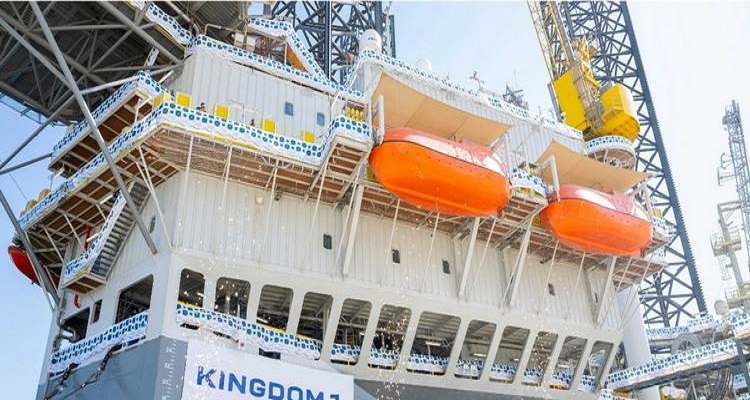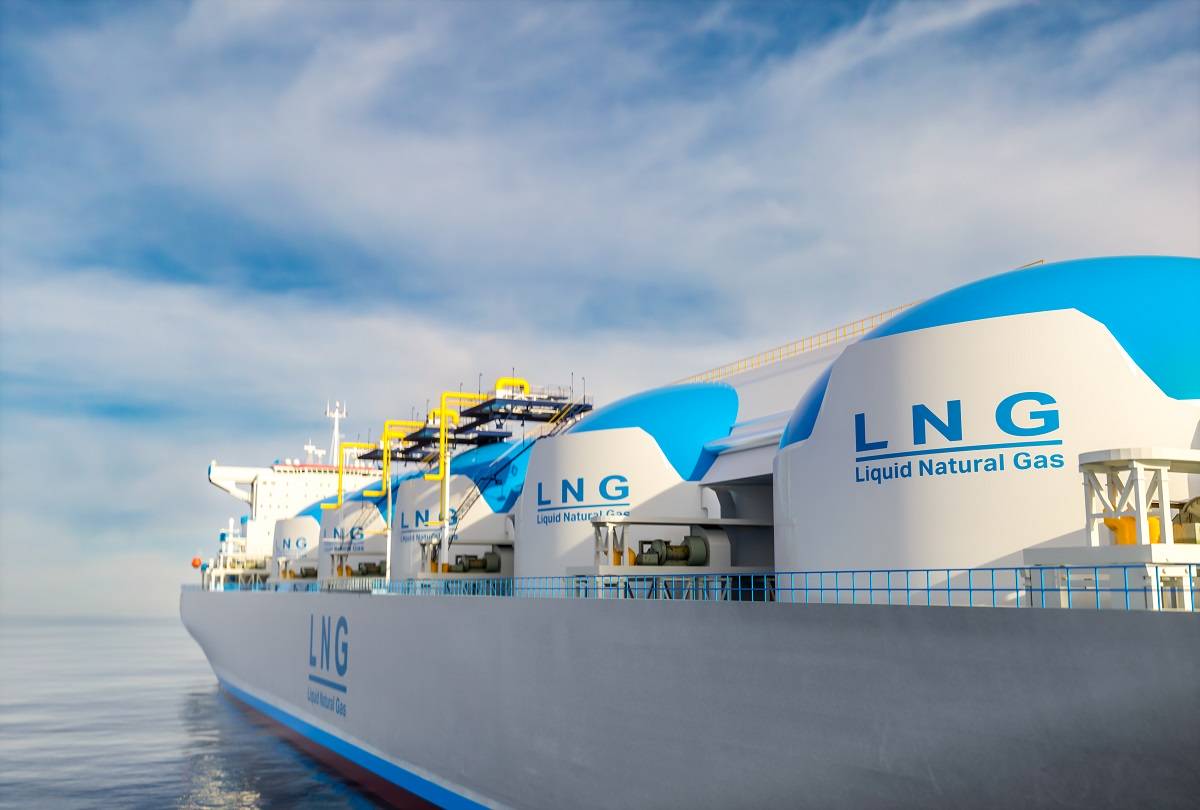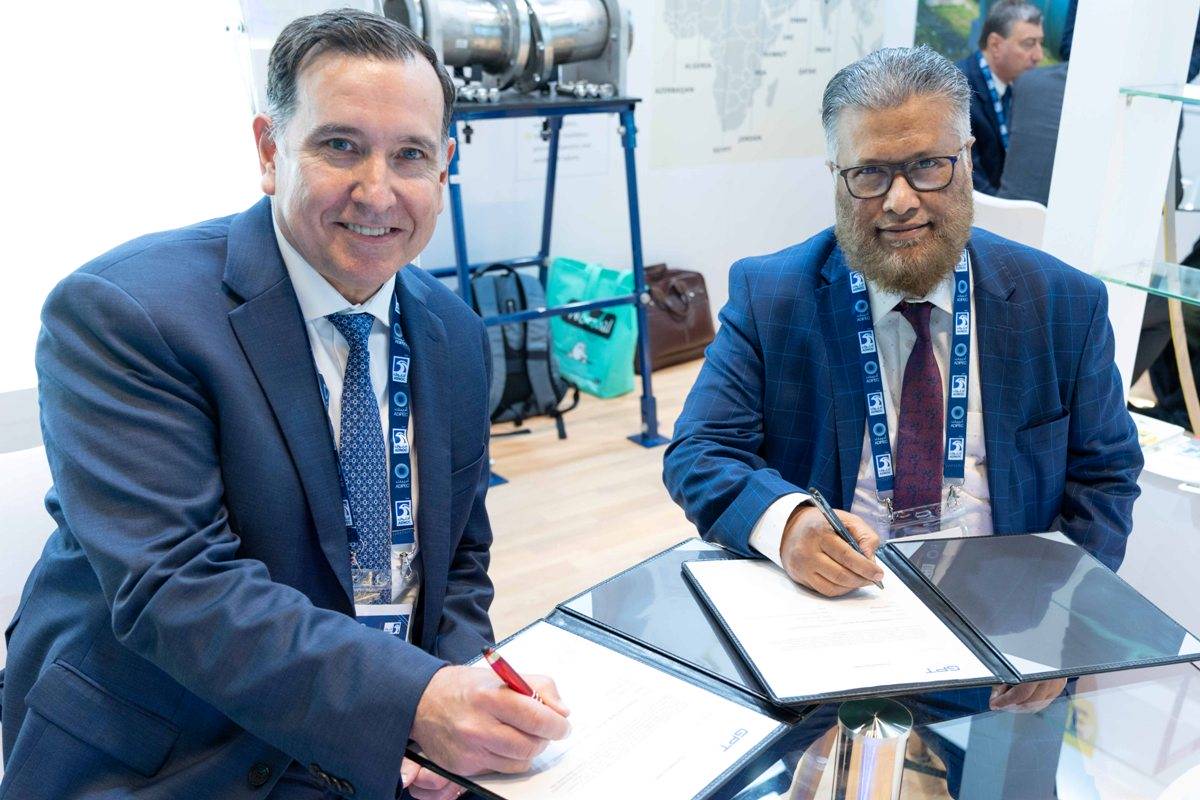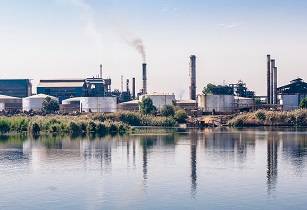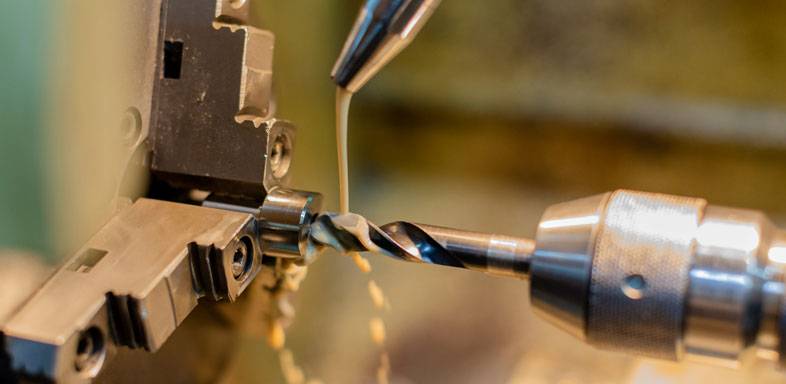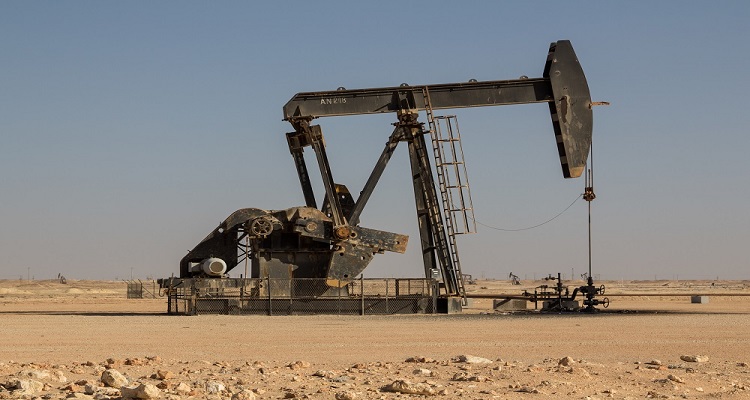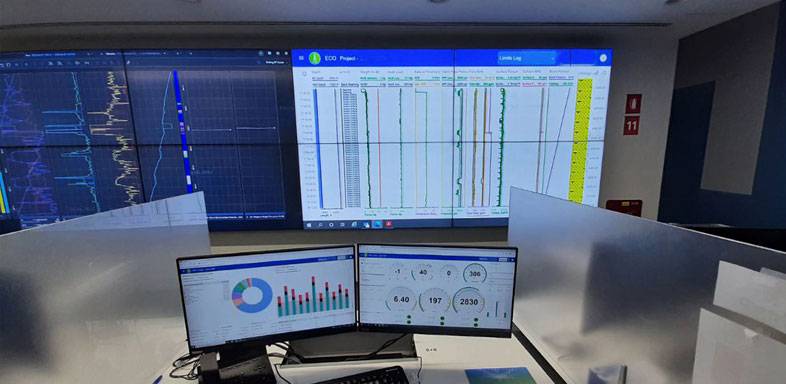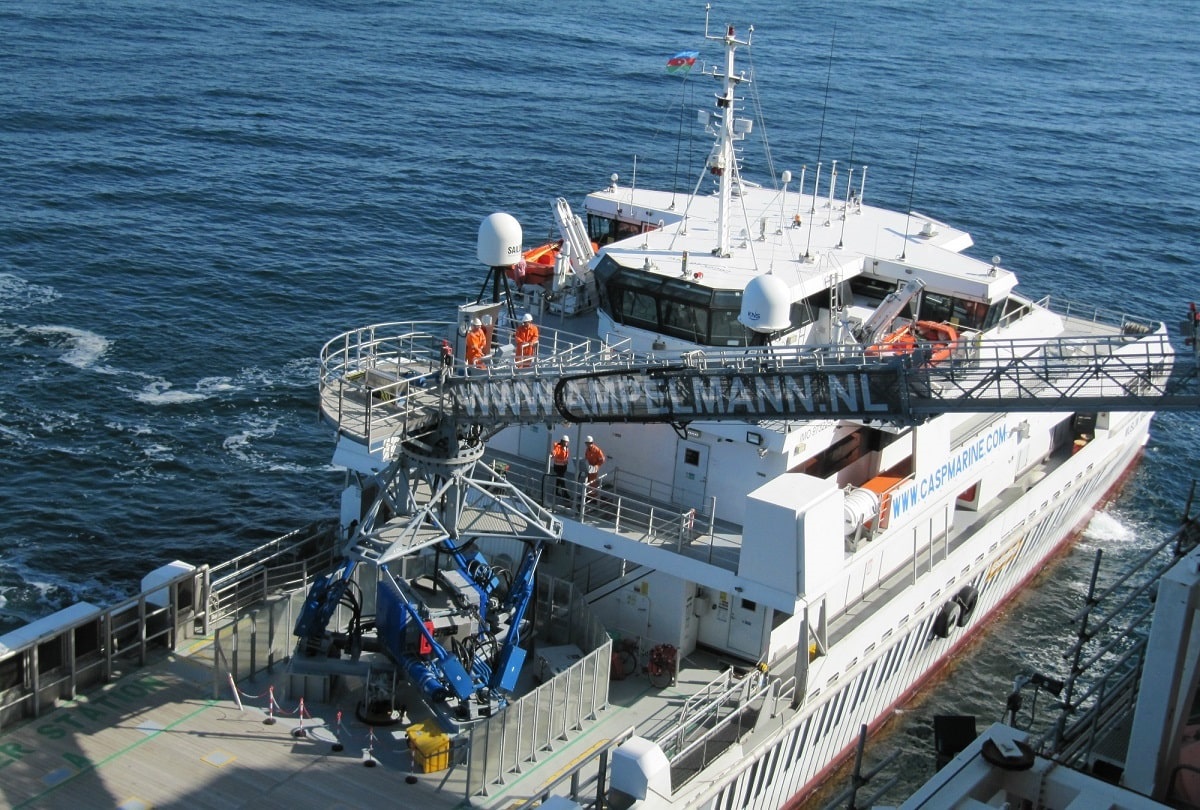IMI Saudi Industry LLC, a subsidiary of IMI Critical Engineering, has opened a new 5,000 sq m facility in Dammam to supply innovative valve solutions and bolster national manufacturing capabilities in line with Saudi government localisation plans for key products
Following its acquisition in August 2020, the factory has implemented IMI Critical Engineering’s global standards for design, quality, manufacturing, and safety and is now certified for ISO 9001:2015, API 6A, API 6D and API 609. The 5,000 sq m site will manufacture butterfly valves and ball valves of various sizes and pressure ratings suitable for oil and gas, petrochemical, power, water, and hydrogen markets. By 2023, the factory will also manufacture choke and control valves, while aiming to increase its team of employees significantly over the next five years.
“The opening of this new factory demonstrates our commitment to Saudi Arabia and further highlights our status as a key provider of engineering expertise, ensuring our Saudi Arabian customers can access valve assembly, testing, and other vital support services locally,” said IMI Critical Engineering’s divisional managing director, Jackie Hu. “We have long been a specialist in the design and manufacture of bespoke valves for critical applications and we are using this expertise to help Saudi Arabia enhance their operational efficiencies.”
The factory will provide accessibility to globally leading valve and actuating systems in line with the Saudi Vision 2030 strategic framework to enhance efficiencies across the region’s oil and gas, power and petrochemical industries. All valves manufactured are in line with the IKTVA (In Kingdom Total Value Add) programme, which urges suppliers to achieve 70% localisation, stimulating regional growth and invigorating firms throughout its supply chain. Moreover, the facility’s use of electrical equipment to assemble key products and provide valve repairs and upgrades ensures its manufacturing processes produce minimal carbon emissions.
“Access to highly engineered flow control solutions is key to helping organisations realise opportunities to more efficiently produce the energy, resources and materials that underpin our lives.” Hu concluded. “To support the large-scale adoption of industry-leading flow control solutions, it is vital that industry around the world has access to reliable suppliers and facilities across every region working to global leading standards.”











